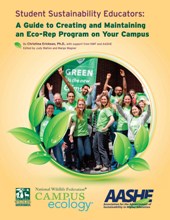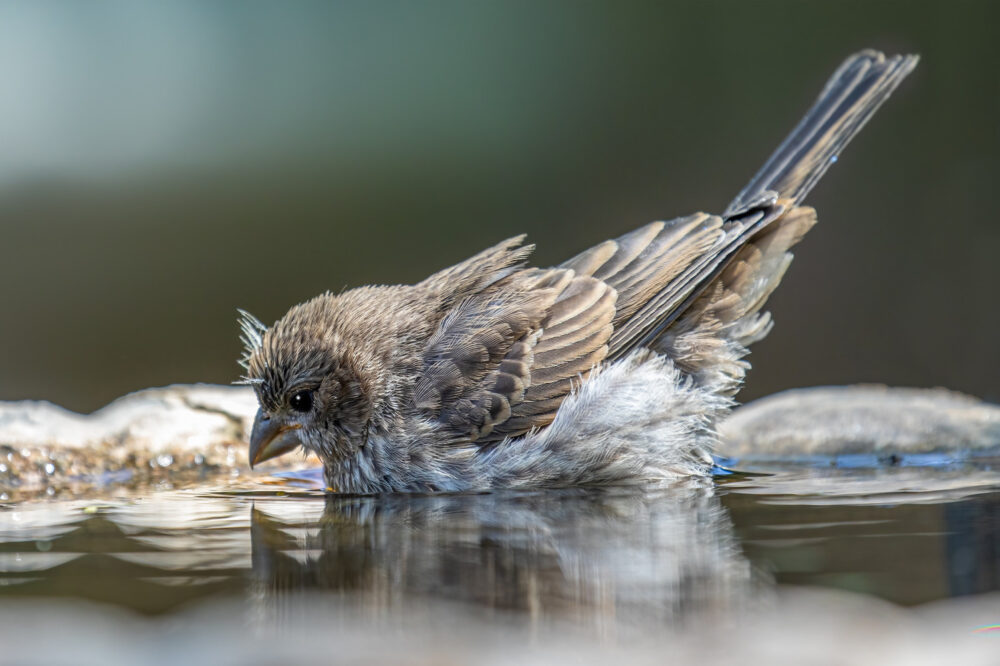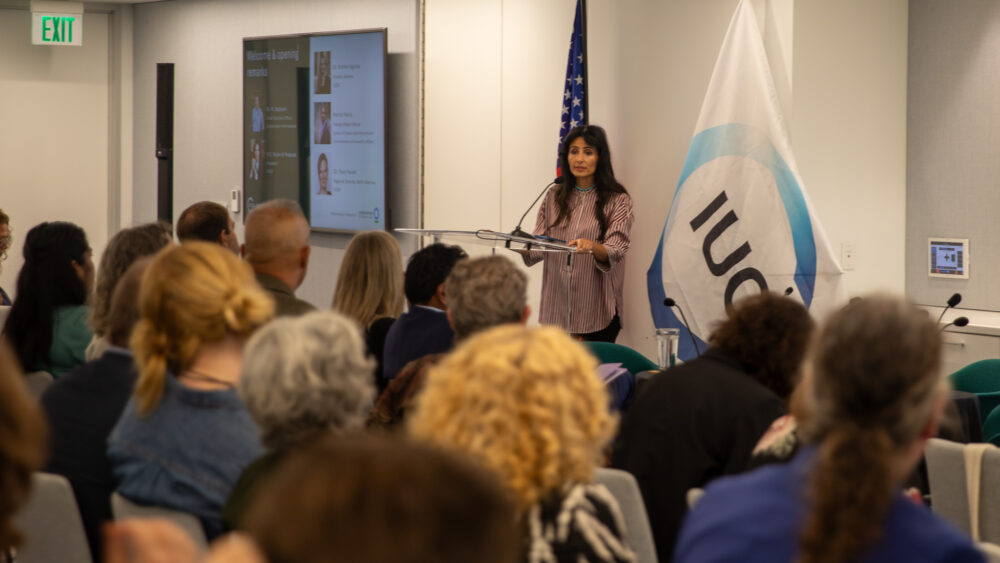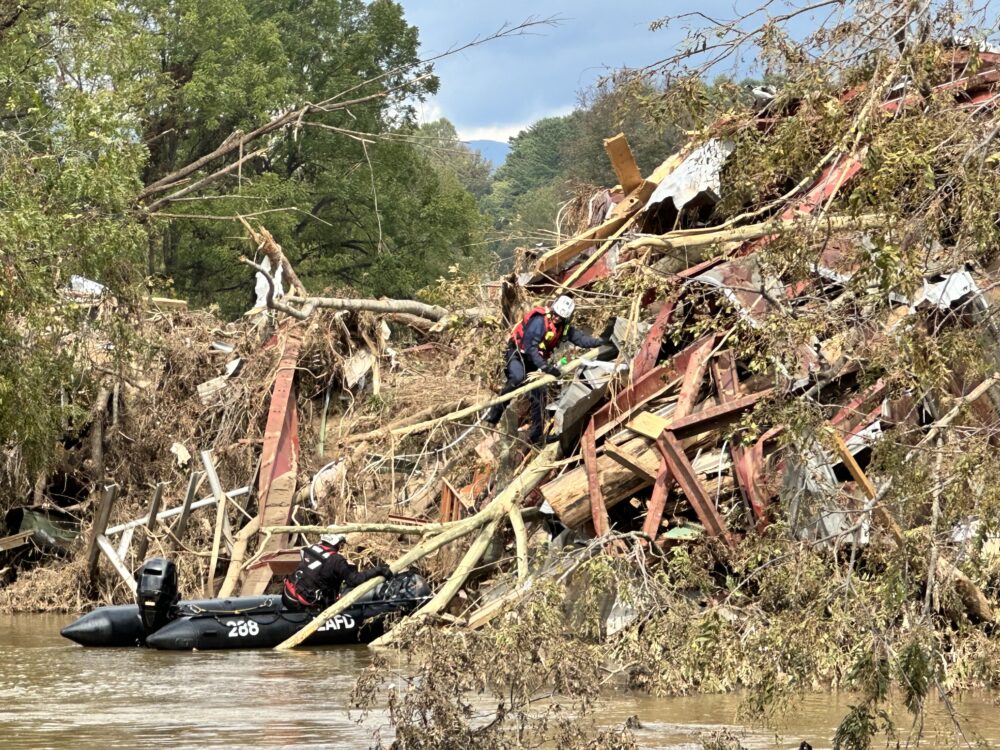We have much more to do and your continued support is needed now more than ever.
New Student Guide Offers Steps for Peer-to-Peer Campus Sustainability Training
NWF, AASHE student guide builds on decade-old Eco-Reps program active across US and Canada

The Association for the Advancement of Sustainability in Higher Education (AASHE) and National Wildlife Federation’s (NWF) Campus Ecology program recently released a new, step-by-step guide to creating student peer-to-peer sustainability education programs—often known as “Eco-Rep” programs—on college campuses. Authored by Champlain College Sustainability Director Christina Erickson, “Student Sustainability Educators: A Guide to Creating and Maintaining an Eco-Rep Program on Your Campus” takes readers through the design, implementation and evaluation stages of an Eco-Rep program. Visit www.nwf.org/EcoReps for more information or to read the guide.
Readers of the guide will find:
• Step-by-step action items and tips for creating, maintaining and evaluating a campus Eco-Rep program
• Brief descriptions of actual programs and their best practices
• Case studies of successes and roadblocks
• Activity, event, marketing and outreach examples
• Eco-Rep recruiting tools, sample job descriptions, and other resources
“By creating Eco-Rep positions, Dr. Erickson shows how students and staff can effectively engage their peers in practices that reduce waste, improve public health, and make higher education more affordable,” said Julian Keniry, co-founder of NWF’s Campus Ecology Program. “This guide documents a powerful way in which students are taking ownership of their own communities and futures.”
“Christina’s work will be invaluable to students who are seeking ways to become more involved in campus sustainability,” said AASHE Executive Director Paul Rowland. “AASHE is pleased to partner with NWF to help get this information into the hands of students who can help lead the sustainability transformation on their campuses.”
With more than 60 active student sustainability education and outreach programs on campuses across the U.S. and Canada, and many others planned or underway, NWF and AASHE are addressing a demonstrated need for campus guidance in both creating and maintaining Eco-Rep programs. Often the main motivation for starting such programs is a desire to extend outreach efforts on issues such as waste reduction and energy conservation to a broader student audience, beyond those who are already “eco-minded.”
A joint webinar will be presented on April 18 at 2:00 p.m. Eastern to celebrate the launch of this new guide. Erickson will be joined by Eco-Rep staff at Babson College (Massachusetts), Lehigh University (Pennsylvania) and the University of Pennsylvania.






















